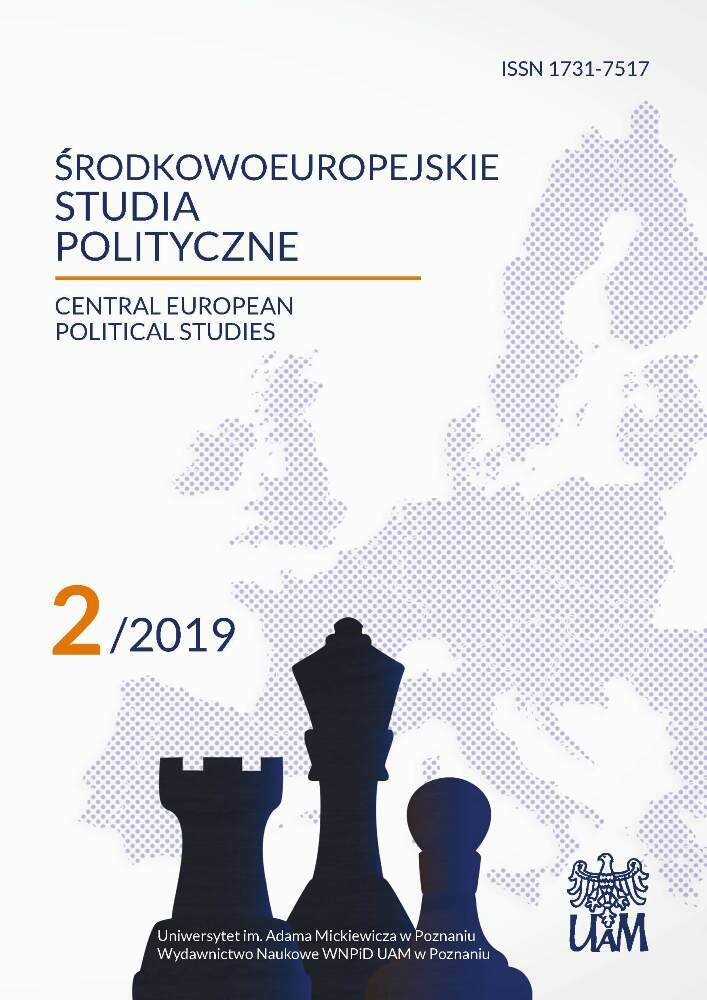Abstract
Lobbying, understood as all actions performed by or on behalf of interest groups directed at influencing of the process of policy formation and implementation, occurs in every political regime. The article examines, whether illiberal type of democracy existing in Hungary (2010-2014) exerts an influence on the effectiveness of lobbying control.
Illiberal democracy differs from liberal democracy with regard to five systemic core principles such as the rule of law, the government’s control and accountability, political elites’ integrity, media freedom as well as civil rights and minorities’ protection. The article shows that all these systemic criteria constituting illiberal democracy were fulfilled in Hungary between 2010-2014. Examination of the case of Hungary with regard to lobbying control suggests that illiberal democracy diminishes the effectiveness of lobbying control in this country.
License
Copyright (c) 2023 Maciej Olejnik

This work is licensed under a Creative Commons Attribution 4.0 International License.
Articles published in "Central European Political Studies" are distributed under the Creative Commons Attribution 4.0. License (CC BY 4.0). They may be copied, redistributed and shared only if appropriate credit is given.
